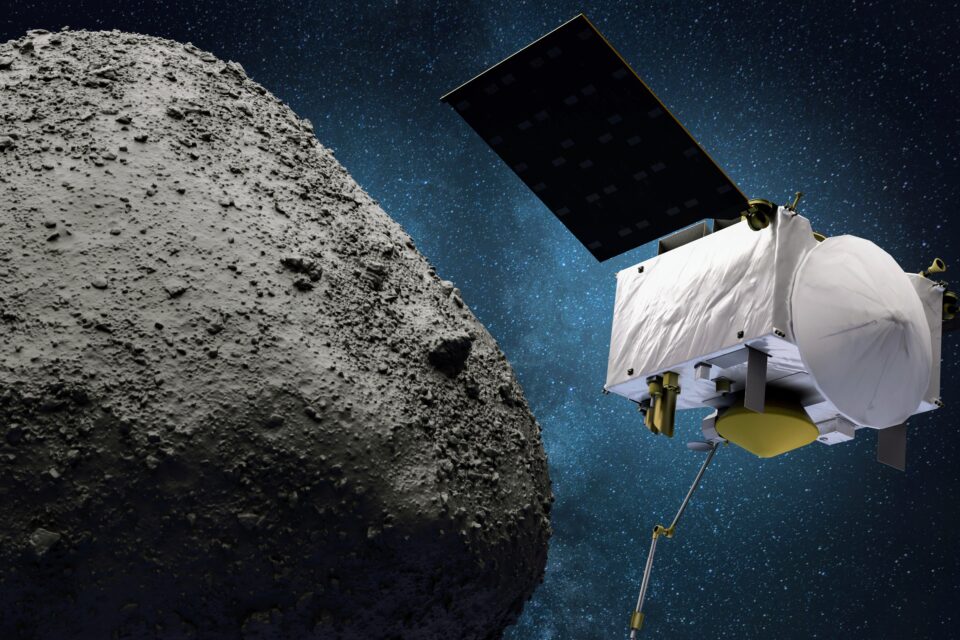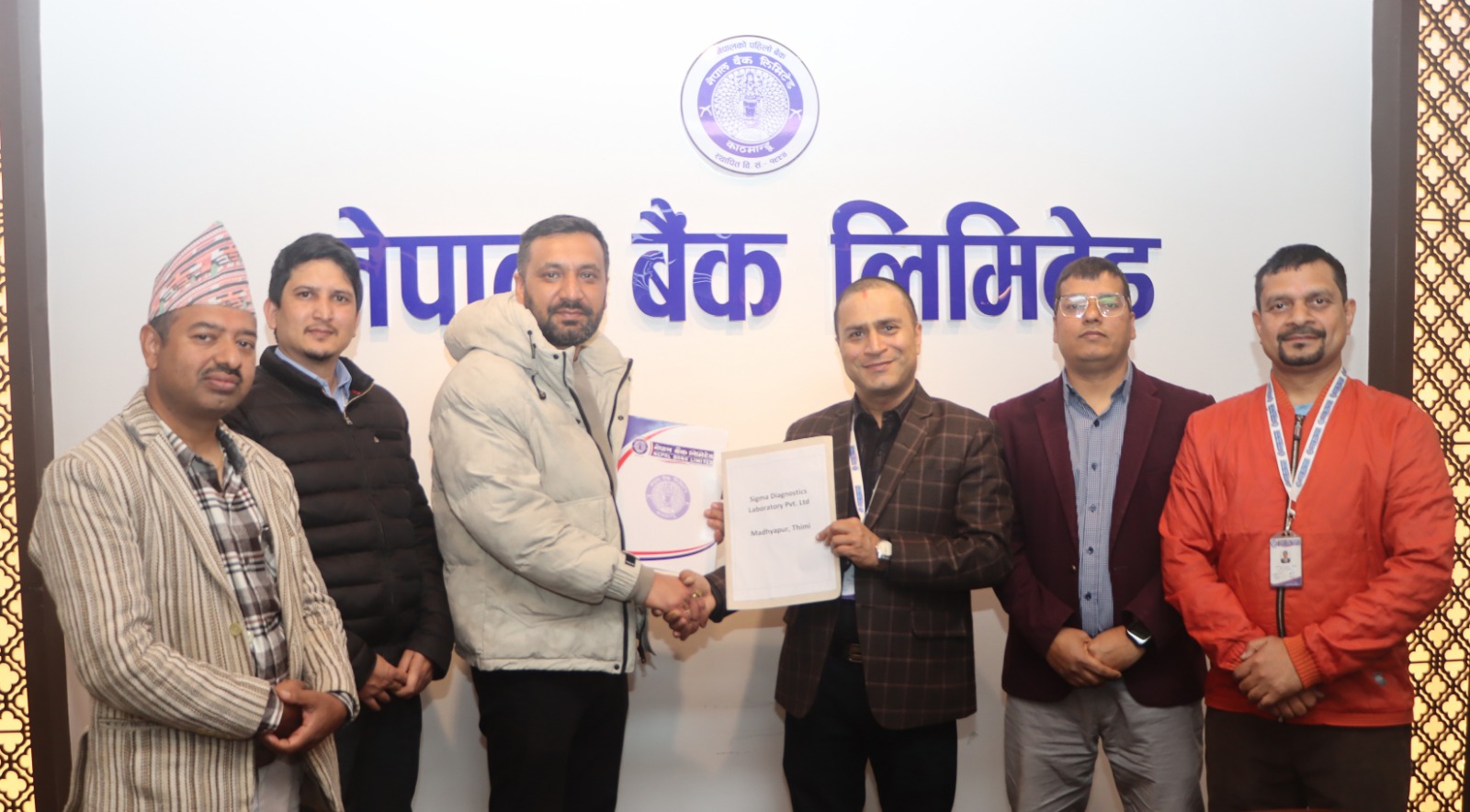Exploring Asteroid Bennu: NASA’s Amazing Mission

Kathmandu, Oct 12: Dr. Ashley King was thrilled as he remarked, “It’s really beautiful, from what we’ve seen so far.” He’s one of the scientists who got a special chance to study pieces of rock collected from asteroid Bennu by a NASA mission. These space rocks were brought back to Earth just 17 days ago and are now being looked at in a special lab in Texas.
Dr. King said, “We’ve confirmed we went to the right asteroid.”
A group of scientists, including Dr. King, spent three days examining these space rocks. They discovered that the dark powder from Bennu contains a lot of carbon and minerals with water in them. This is exciting because it supports a theory that asteroids like Bennu may have delivered important stuff to Earth, like water and materials needed for life to start.
These Bennu samples will help scientists study and understand our origins better. NASA’s Administrator, Bill Nelson, explained, “We’re trying to find out who we are, what we are, where we came from. What is our place in this vast Universe?”
Even though there’s a lot of space rock to study, scientists are still figuring out how much Bennu they actually have. The sample canister that landed in the Utah desert has been opened, but they haven’t counted everything yet. The mission team believes they have around 250 grams of Bennu material, but it’ll take a few more days to be sure.
Dr. King and his team did their first tests using particles that had spilled out from the sample canister. When they opened it, they found black powder everywhere, which was quite exciting for them. They used special machines to examine the dust.
One of the big discoveries is that there’s a lot of carbon in the samples – almost 5% by weight. This is a big deal because it means there are carbonates and complex organics. The samples also contain water, which is locked inside clay minerals. This is important because it could help explain how Earth got its water and what made our planet a place where life could exist.
The Osiris-Rex spacecraft collected these Bennu materials in 2020, and after nearly three years, it came back to Earth and dropped off the samples in Utah.
Once they have the complete sample, they’ll share some of it with scientists all over the world. The UK will receive a portion for further study.
The Osiris-Rex team hopes to complete their studies and share their findings in March at the Lunar and Planetary Science Conference. They also plan to preserve most of the samples for future generations of scientists to study.
Facebook Comment
latest Video
Trending News
- This Week
- This Month
















